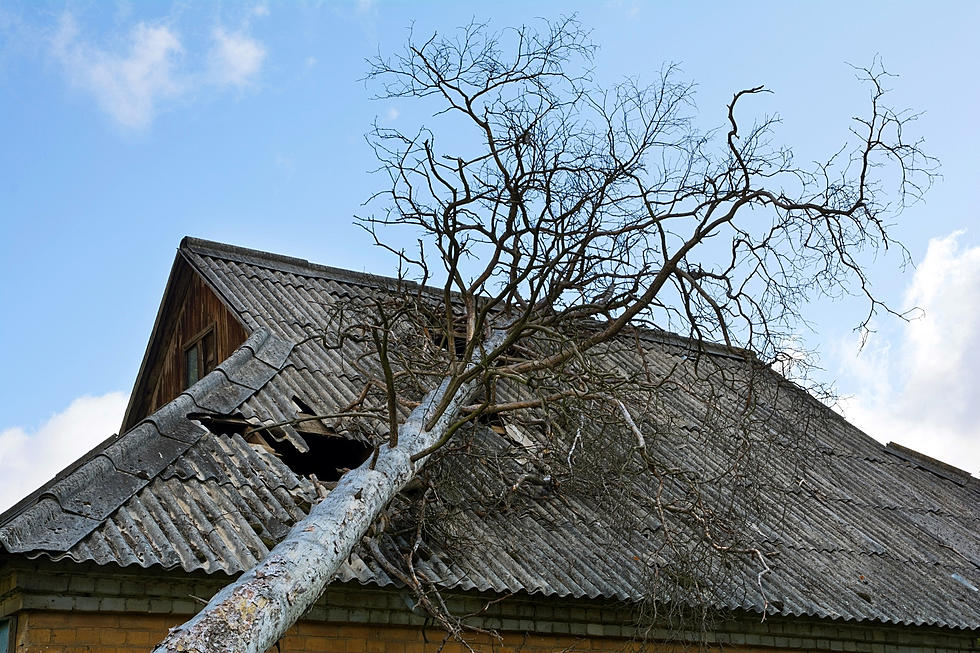
Mercedes Says Auf Wiedersehen to C-Class Sedan at Vance
The Mercedes-Benz plant in Vance will stop producing the C-Class sedan according to a press release today by the automakers's parent company Daimler. According to the release, the Vance plant will focus only on the production of sport utility vehicles. The M-Class sport utility was originally the only vehicle produced when the plant opened.
Mercedes spent nearly five years preparing the C class for production at its sole U.S. factory, in Vance. The company spent considerable effort, new construction and resources to retool it's Tuscaloosa County assembly line before launching the American C class in 2014. The company estimated 1,000 new jobs from the new production line.

Enter your number to get our free mobile app
More From ME TV FM 97.5









